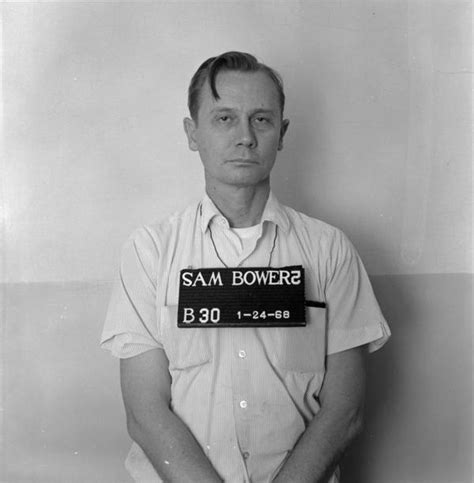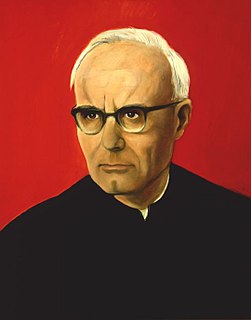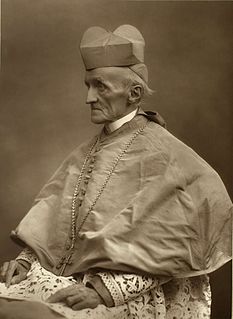A Quote by Thomas Szasz
In English-speaking countries, the connection between heresy and homosexuality is expressed through the use of a single word to denote both concepts: buggery. ... Webster's Unabridged Dictionary (Third Edition) defines "buggery" as "heresy, sodomy.
Related Quotes
The interesting thing about fake news and fake media is that it's a heresy against reality. Again, as a Catholic, I was taught that the greatest sin was heresy. Because not only are you a sinner, you are proselytizing and inviting other people into your sinful state through your heresy. You're a recruiter for your own fallen state. Donald Trump is a heretic against reality. Basically, he's lying for sport. He's inviting people into his heresy that there is no objective reality.
But why do some people support [the heretics]?" "Because it serves their purposes, which concern the faith rarely, and more often the conquest of power." "Is that why the church of Rome accuses all its adversaries of heresy?" "That is why, and that is also why it recognizes as orthodoxy any heresy it can bring back under its own control or must accept because the heresy has become too strong.
Few things build a person up like affirmation. According to Webster’s New World Dictionary, Third College Edition (Simon and Schuster, 1991), the word affirm comes from ad firmare, which means “to make firm.” So when you affirm people, you make firm within them the things you see about them. Do that often enough, and the belief that solidifies within them will become stronger than the doubts they have about themselves.
But the appeal to antiquity is both a treason and a heresy. It is a treason because it rejects the Divine voice of the Church at this hour, and a heresy because it denies that voice to be Divine. How can we know what antiquity was except through the Church? ... I may say in strict truth that the Church has no antiquity. It rests upon its own supernatural and perpetual consciousness. ... The only Divine evidence to us of what was primitive is the witness and voice of the Church at this hour.
When I was quite young I fondly imagined that all foreign languages were codes for English. I thought that "hat," say, was the real and actual name of the thing, but that people in other countries, who obstinately persisted in speaking the code of their forefathers, might use the word "ibu," say, to designate not merely the concept hat, but the English word "hat." I knew only one foreign word, "oui," and since it had three letters as did the word for which it was a code, it seemed, touchingly enough, to confirm my theory.
I can hardly believe that I even know this, but I am aware that Noah Webster's original dictionary, apart from being the first truly American lexicography, was a kind of line in the sand. It claimed a very discrete, American form of the English language, explicitly to compare it to the English of our erstwhile colonial masters who had been operating under Dr. Johnson's dictionary rules for well over a century.




































